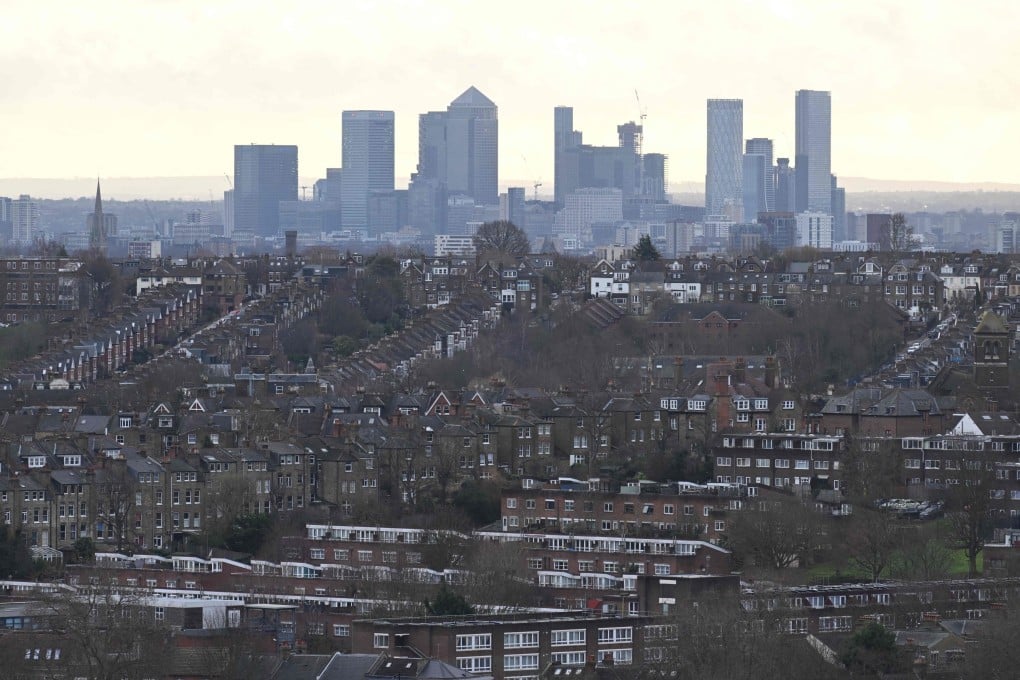Living in London grows more costly as UK inflation bites, rents rise with fewer choices
- Rents in London are climbing as affordable housing of a reasonable standard gets harder to find
- Bidding wars are common, and would-be tenants are agreeing to pay many months rent up front

A British romantic comedy series has thrown a spotlight on living in London, where sharing a flat can be a necessity as rents skyrocket to almost unaffordable levels.
The Flatshare, based on a book of the same name, is a quirky story of two young adults who share a rented one-bedroom flat in London. One works days, the other works nights. They communicate with Post-it notes and take turns to sleep in the bed.
London is one of the costliest cities in the world to live. Rents are climbing and affordable housing of a reasonable standard is getting even harder to find.
Inflation in the UK is running at more than 10 per cent, making food and other goods more expensive. Energy prices have almost tripled.
This is as the UK is facing its longest recession in decades, and Britain’s workers are striking because wages aren’t keeping pace with the cost of living.
Essential workers such as nurses and teachers are bearing the brunt of high living costs as more than a third of their wages could go on rent.